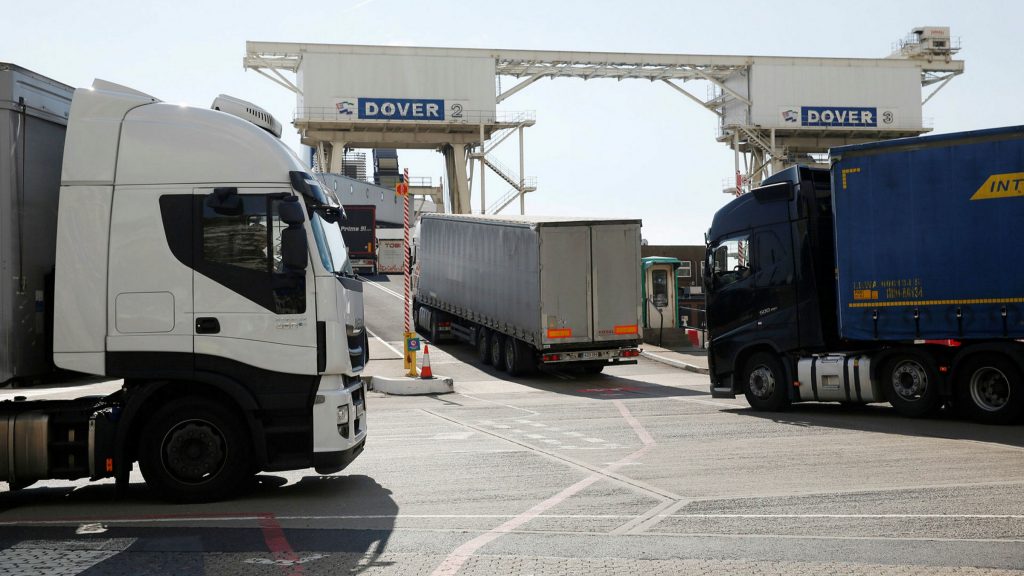Voting in the June 2016 referendum, we could not have foreseen that it would take until January 2020 for the UK to leave the European Union; or that after a further 11 months in transition that we still may not have a trade agreement and face World Trade Organisation (WTO) rules.
The 7th round of UK – EU talks concluded recently with at least 2 major barriers to progress. Pretty much the only thing the two parties did agree on was a deadline of the end of October to conclude negotiations. This, to allow sufficient time for any Trade Agreement to pass through the EU ratification process before the 31st December 2021 and the end of the transition period.
Post negotiation statements talk about the ‘Level Playing Field’ as one of the key remaining barriers to progress. It’s a pretty fundamental thing to be misaligned on. Rightly or wrongly, it is at the very heart of the UK ambition to take back sovereignty through regulatory independence. From an EU perspective a level playing field means absolute regulatory alignment, we are the closest of neighbours after all and mutually dependent on our trade with each other. Conversely as a third country why would the UK accept a position which goes beyond what would be found in typical Trade Agreements and one which might limit our ability to develop trade with others.

However, both parties recognise the value of, and want a Free Trade Agreement. So the general consensus, remains optimistic that there will be an agreement, albeit 11th hour. It’s likely that it will lack detail and require further, almost certainly protracted, negotiation.
It’s a relief to see Liz Truss, International Trade Secretary committing the Department of International Trade (DIT) to engagement with Industry. Though with the first meeting of the Trade and Agriculture Commission, chaired by ex FSA Chief Executive Tim Smith, only taking place in July; some would say it has taken far too long. Stakeholder engagement mechanisms have been further and significantly strengthened with the recent announcement of 11 sectoral Trade Advisory Groups (TAGs). With secretariat provided by DIT they will provide strategic and technical advice to inform UK Trade Negotiations.
I’m also pleased to see both the International Meat Trades Association IMTA and Food and Drink Federation FDF on the Agrifood TAG representing both large and SME food businesses. Now more than ever businesses need to be aligned with a Sectoral Trade Body to keep them updated, provide advice and answer questions.
Despite the inescapable diversion that is Covid-19, there’s been no lack of online information coming out of nearly every Government Department.
The Institute for Government (IFG) has just launched a corker with some useful, albeit basic, information, comparing implications between a trade deal or no deal. Also a useful place to start (if you’ve not thought too much about it yet!!) is the Check, Change, Go transition web page. Just answer a short questionnaire and it’ll give you a personalised / business action plan and links to the appropriate web pages.
In terms of trade there is guidance for importers and exporters, with a fair amount of detail on timetable and process .

The Border Operating Model, published in July explains how the border between UK and EU will work and a 3 stage phased approach which will run between January and July 2021.
There are specific rules for Northern Ireland in the so called Northern Ireland Protocol with NI in a double bubble within UK and EU to ensure frictionless trade within the Island of Ireland.
There remains, however, much to clarify and a significant degree of uncertainty. For example: with little indication yet about Tariffs and Quotas, a simplified customs process or clear rules of origin, it’s very difficult for business to plan or understand future costs. For fresh and perishable foods, simplification and clarity is a must have. On a purely practical level it will be a challenge to move foodstuffs needing veterinary certification within shelf life, especially B2B. Imagine the difficulty presented if those goods are defective and need to be returned!
Where are you looking for clarity? I always love to hear your views (and help if I can). Do also let me know what subject you would like me to write about in my next blog – on this or any other topic. Leave a comment or get in touch. su@sudakinconsulting.com